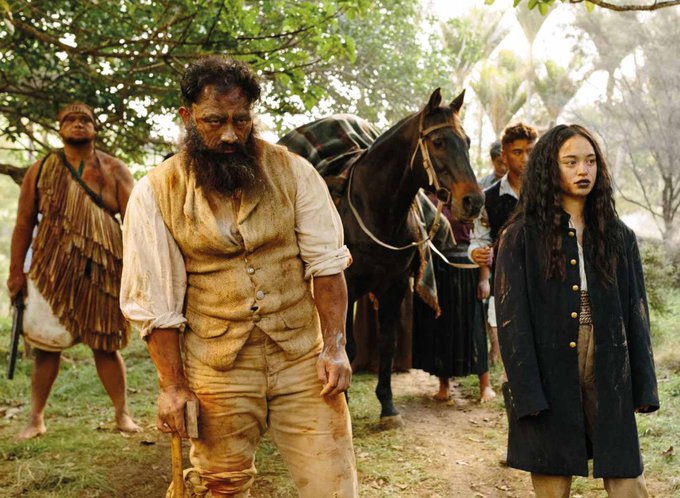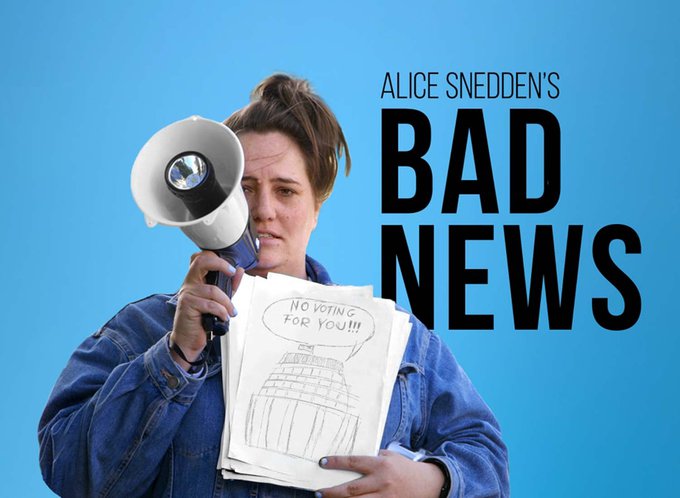
Writers, journalists and content creators are turning to e-newsletters as a way to speak directly to their audience about topics that matter to them. Many use Substack, and the app makes it easy to engage directly with your favourite writers – wherever they are in the world. Receiving e-newsletters via the app reduces inbox clutter and allows for conversation to flow between the writer and other readers. Substack recently launched a new feature, Notes, which is similar to Twitter in that it’s a feed of posts from the writers you follow and other writers you might like. Kiwi journalists Bernard Hickey, Emily Writes and David Farrier are among those using the app alongside publications like The Spinoff and Stuff.


Kiwi startup founders Natalie Ferguson and Kristen Lunman are on a mission to get more women into leadership roles and have launched a podcast to help open-source the leadership playbook. The Wellington-based duo saw a lack of women sitting in executive and leadership roles and created Powrsuit to change that. The Powrup podcast provides practical advice for women on everything from asking for a pay rise to setting high expectations and the truth about imposter syndrome. Each episode provides actions listeners can use to improve their working lives.
Painkiller
Available on Netflix
Streaming from August 10

The limited series Painkiller focuses on the origins and aftermath of America’s opioid epidemic. Based on a book of the same name by Barry Meier as well as Patrick Radden Keefe’s reporting in The New Yorker, Painkiller is a fictionalised retelling of how the crisis began and the impact it had on thousands of people in communities across the United States. It offers an examination of the complex tragedy fuelled by greed, corruption and human fragility.

Under the Weather: A Future Forecast for New Zealand
By James Renwick
Published by HarperCollins / RRP $39.99
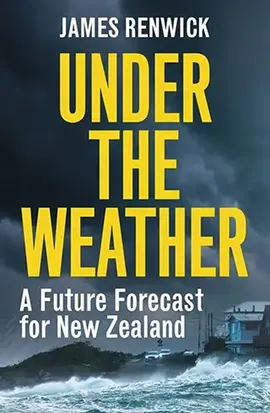
This new climate change book from Victoria University climate scientist and former meteorologist James Renwick is full of fascinating facts about our shifting weather patterns and the odd apocalyptic forecast: “[A world 4 degrees warmer] would likely mean the death of billions of people, the decimation of most ecosystems, on land and in the oceans. Surviving that might actually be worse than not surviving”. Thank goodness Renwick finishes up hopeful humanity can avoid Armageddon – if we adopt a wartime-like approach to retooling our heavy industries, riding e-bikes and enacting all the recommendations of the Climate Change Commission, of which he is also a member. In summary, the future looks grim but not absolutely hopeless.
Everything is Beautiful and Everything Hurts
By Josie Shapiro
Published by Allen & Unwin / RRP $34.99
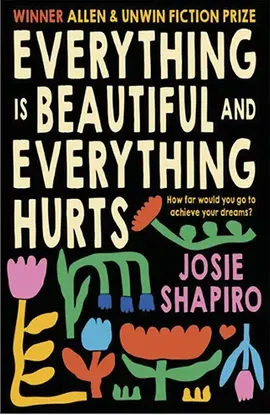
Growing up, Mickey Bloom struggled to fit in. At school, being short and dyslexic made her the target of bullying. At home, she disappointed her absentee journalist father who resented her for not being smart enough. But Mickey found a place in an athletics club and showed promise as a long-distance runner. This debut novel jumps between the present day as Mickey competes in the Auckland Marathon and the past as she shares the gruelling experiences of training as she dreams of competing at the Olympics. She faces misogyny, disordered eating and abuse in her quest to make it in elite sports. Its descriptions of running are evocative and thrilling – enough to encourage a couch potato to tie their laces and start pounding the pavements. But at its heart, it’s a story about learning to love yourself and finding your place in the world even when you don’t fit in.
Saving Time: Discovering A Life Beyond The Clock
By Jenny Odell
Published by Penguin / RRP $40.00
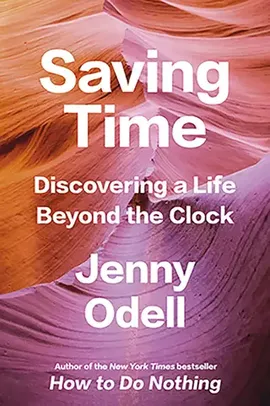
When Jenny Odell published her bestselling book about the dangers of the attention economy, How to Do Nothing, the resounding response she got from readers was “Where do I find the time to do nothing?” Her follow-up Saving Time attempts to answer that question and offers a radical argument that the clock we all follow is one devised for profit, not for people. She tracks the concept of “time is money” from its roots through the industrial revolution to the present day where employees are surveilled to maximise productivity. It’s not a book that will give you tips for increased productivity but rather one that questions whether the drive to productivity is the issue for people who are seeking autonomy, meaning and purpose. It talks about the existential dread she feels due to ever-present threats caused by climate change and the impact that is having on our perception of the future.
Know someone who might enjoy this?
Good living
See all-
March 2021
In review
-
March 2021
Manaakitanga – more than just hospitality
-
March 2021
Land, sea and myth: Revisiting Hawke's Bay
-
July 2021
Breaking bread at Everybody Eats

